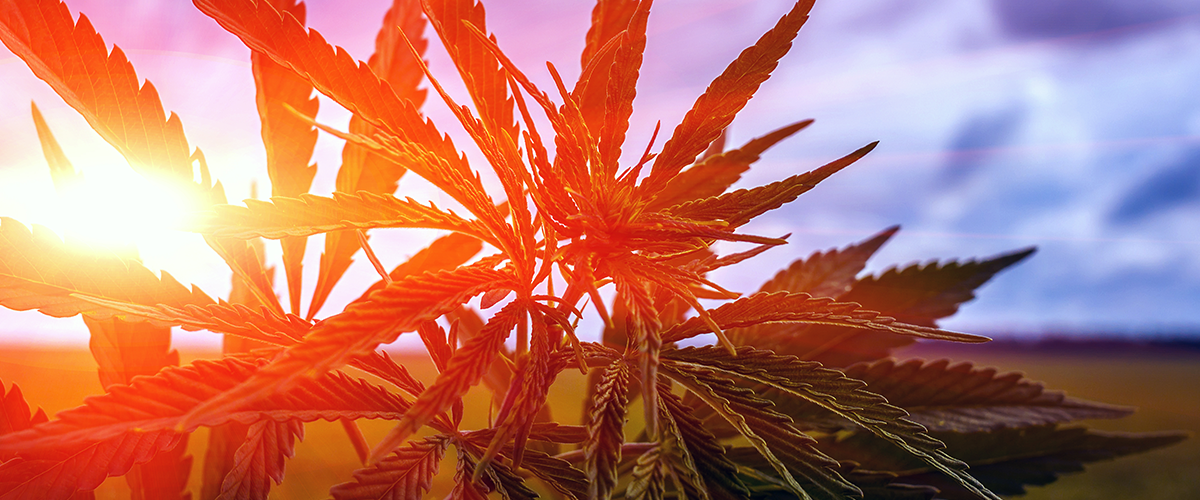Domestic hemp farming expands in spite of legal challenges.
The number of hemp producers in the top 10 hemp-growing states doubled from 2016 to 2017, most likely fueled by relaxed state regulations and increased acceptance of CBD and hemp products.
These 10 states also saw a 140% increase in the number of acres licensed for growing hemp. While the modern U.S. hemp industry is relatively new, more states are demonstrating a willingness to embrace the industry. The country’s top producers, Kentucky and Colorado, for example, contained 81% of the land registered for hemp growth in 2016, but in 2017 held only 64%, while states like Oregon, Vermont, and Tennessee more than tripled their hemp production.
Many conventional farmers are now turning to hemp as a way to diversify their crops, and in states aside from Colorado and Kentucky (which also continued to expand production) average hemp acreage grew from 374 in 2016 to to 1,787 in 2017.
The Push to Fully Legalize Hemp
While hemp has a long history of production and use in the U.S, its association with cannabis has complicated its legal status in modern years. The passage of the Controlled Substance Act in 1970 rendered hemp growth illegal at the federal level. However, The Agricultural Act of 2014, or Farm Bill, signed by Barack Obama, allowed individual states to create pilot hemp-production programs run by state agricultural associations or institutions of higher learning. Over 30 states have created hemp programs, and over 16 permit commercial production, which extends farmers’ rights beyond those outlined in the Farm Bill.
Growing hemp for commercial production, however, remains illegal at the federal level. The purchase and use of hemp products is permitted in all 50 states, but almost all products in this $688 million market must be manufactured with imported hemp only. In 2015, the Industrial Hemp Farming Act, a bipartisan bill intended to declassify hemp as a controlled substance, was introduced in the House and Senate, but it has made little progress.
However, Republican Senator Majority Leader Mitch McConnell recently announced a new bipartisan bill which would remove hemp’s controlled status and allow states to regulate their own hemp industries, thus paving the way for legalized commercial production. Co-sponsored by Sens. Ron Wyden (D-Ore.) and Rand Paul (R-Ky.) the Hemp Farming Act of 2018 would also allow hemp researchers to apply for grants through the Department of Agriculture.
Kentucky has a long history of hemp farming prior to the Controlled Substance Act, and its pilot research programs have made it one of the country’s top hemp producers. The state started the the country’s first pilot program after the passage of the 2014 Farm Bill, and it has since led the U.S. in hemp production.
Latest Hemp News
You can learn more about state and federal cannabis laws here. Stay updated on the Hemp Farming Act and other cannabis current events by following our news page.






